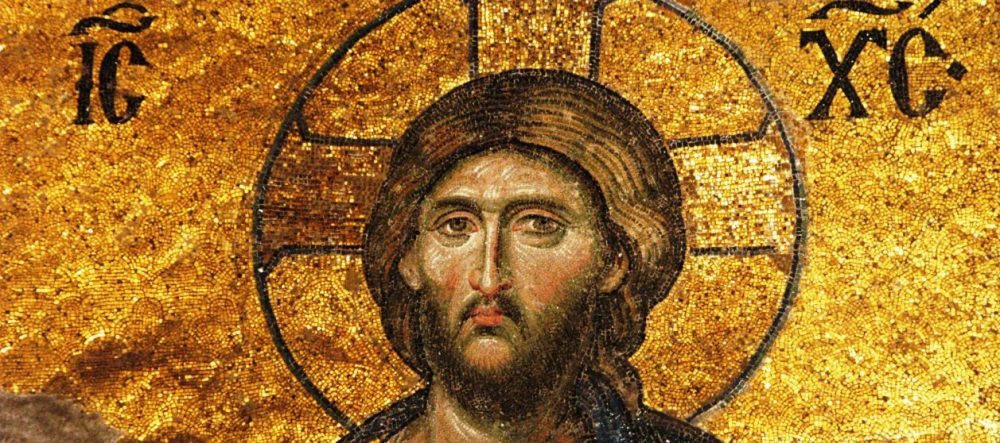Holy Synod issues statement on same-sex relationships and sexual identity
“… the Orthodox Church must continue to proclaim what she has always taught: that marriage is the union between one man and one woman and the Orthodox Church in America can in no way deviate from this teaching…”
Among the Holy Synod’s affirmations of the same teaching are the “Synodal Affirmations on Marriage, Family, Sexuality, and the Sanctity of Life,” from the 10th All-American Council, Miami, Florida, taking place from July 26-31, 1992; the “Synodal Reaffirmation of the SCOBA statement titled ‘On the Moral Crisis in our Nation,’” issued May 17, 2004; and the synodal “Statement concerning the June 26 US Supreme Court decision,” issued June 28, 2015.
Therefore, in accord with the timeless plan of God our Creator, the unchanging teaching of Christ the Savior announced through his holy apostles and their successors, and the consistent witness of the Holy Synod of the Orthodox Church in America, the Holy Synod affirms what the Scriptures clearly and plainly proclaim and the holy fathers unerringly confess, namely: that God made human beings in two sexes, male and female, in his own image, and that chaste and pure sexual relationships are reserved to one man and one woman in the bond of marriage.
As such, we affirm that sexual relationships are blessed only within the context of a marriage between one man and one woman. Motivated by love and out of sincere care for souls, we call those who suffer from the passion of same-sex attraction to a life of steadfast chastity and repentance, the same life of chastity and repentance to which all mankind is called in Christ.
Thus, we, the Holy Synod of Bishops of the Orthodox Church in America, conclude by once again affirming that all clergy, theologians, teachers, and lay persons of the Orthodox Church in America should teach nothing other than the fullness of the Orthodox faith, which is the fullness of the saving truth.
We remind our faithful and clergy that every person of goodwill is welcome to visit our parishes. However, reception into the Church, and continued communion in Christ at the sacred Chalice, is reserved for those who strive to live a life of repentance and humility in light of these God-given truths, conforming themselves to the commandments of God as the only path of salvation in Christ. All of us are sinners, but it is for precisely this reason that Our Lord Jesus Christ calls us to “Repent and believe in the Gospel, for the kingdom of God is at hand” (Mk. 1:15).

The Holy Snyod of the OCA


